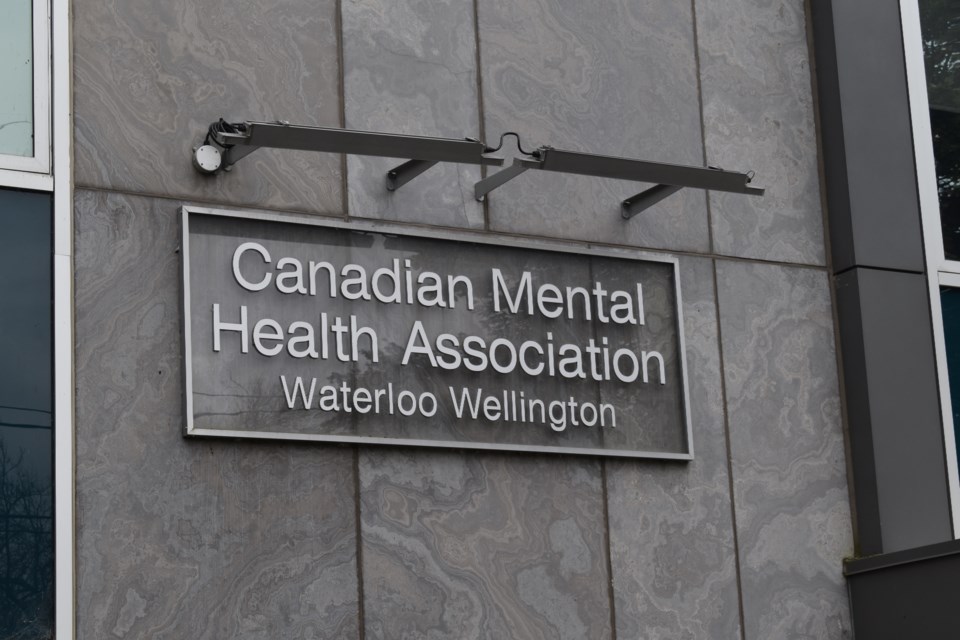With medical assistance in dying (MAiD) expanding its criteria in March to people with mental illness, the Canadian Mental Health Association of Waterloo-Wellington is preparing for the change.
MAiD was legal in Canada in 2016 for those living with terminal illnesses and by 2021 the law was amended so it would include people living with chronic illnesses.
There are very few details about the change to MAiD but what it will have to include is that people with mental illness will have to show their condition is grievous and irremediable.
“For us, we strongly believe that mental illness is a treatable condition and that recovery is possible,” said Helen Fishburn, CEO of CMHA Waterloo-Wellington.
“But I will say we also recognize that there's significant pain and suffering associated with mental illness and addiction,” she said.
The criteria according to the Government of Canada are, you must:
- have a serious illness, disease or disability (excluding a mental illness until March 17, 2023)
- be in an advanced state of decline that cannot be reversed
- experience unbearable physical or mental suffering from your illness, disease, disability or state of decline that cannot be relieved under conditions that you consider acceptable
Two health care providers will have to assess the patient, and the patient will have to remain competent in their decision with a 90-day assessment period before the date of death.
There are 3,678 people in Waterloo-Wellington waiting for mental health and addictions care and CMHA is preparing their MAiD policy.
Just this last year CMHA has helped support 23,000 people in Waterloo-Wellington.
“We know that suicide isn't about wanting to die. It's about struggling to live,” said Fishburn.
She said people in the community are struggling right now with mental health and addictions.
“When you think about cancer, without chemo or radiation, cancer spreads. With mental illness, the suffering and hopelessness spreads without care and treatment.”
One part of the discussion, yet to be determined, is what the difference between suicide and MAiD is, she said.
With the stigma around mental health and accessing care, it could be a determining factor for people not seeking care, said Fishburn. Shame and stigma are part of intolerable suffering, she said.
Part of the conversation around MAiD needs to be about universal health and addictions care across Canada, “so that everyone can access the full range of mental health and substance health programs and support, which they are entitled to under the international human rights laws,” she said.
“I really think … the people that would be considering MAiD, would be people that have had rounds and rounds of treatment, that … they haven't been able to have a successful outcome with it. But such that, you know, they're continuing to have intolerable pain in their life,” said Fishburn.
Although she said this is a very small number of people.
“There is no reasonable way to look at our population in our community right now with that lens, because there is so many people who are not able to access that current treatment,” said Fishburn.
